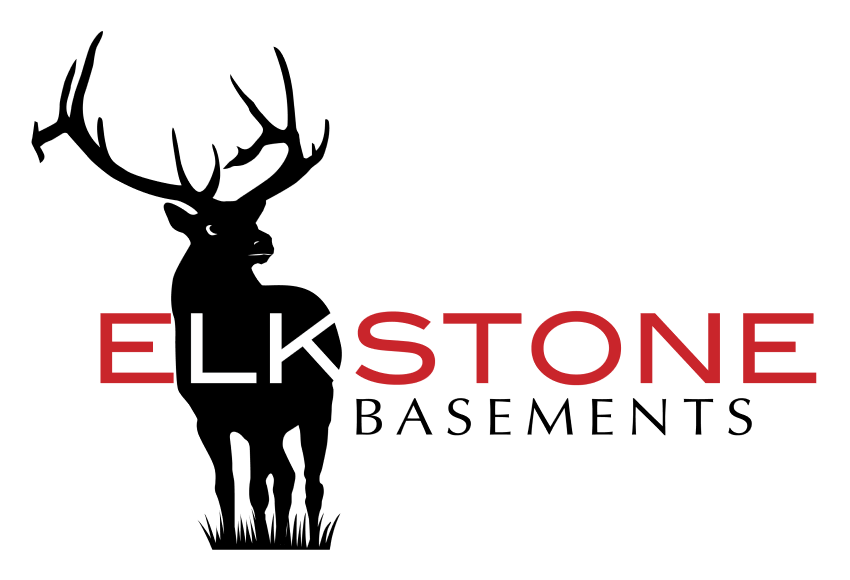Basements are often underutilized spaces in homes, but they hold great potential for generating income. Whether you’re considering a long-term rental or short-term rental for your basement, each option comes with unique benefits and considerations. Understanding these can help you make an informed decision based on your goals and the nature of your property.
Long-Term Basement Rentals
Long-term rentals involve leasing your basement to a tenant for an extended period, typically six months to a year or more. Landlords who prefer stability and consistent income often choose this type of rental.
Advantages of Long-Term Rentals
One of the biggest advantages of long-term rentals is steady, predictable income. With a long-term tenant, you can expect monthly payments, reducing the risk of vacancy. This can make it easier to manage finances, particularly if you’re relying on rental income to cover mortgage payments or other expenses.
Long-term tenants are also more likely to take care of the space since they will be living there for an extended period. This can reduce the need for frequent maintenance and cleaning, saving you both time and money.
Challenges of Long-Term Rentals
Finding the right tenant can take time, and if issues arise with the tenant, they may be harder to resolve due to the length of the lease. Additionally, rental rates are often fixed for the lease duration, limiting your ability to adjust rates based on market conditions.
Short-Term Basement Rentals
Short-term rentals, on the other hand, involve renting out your basement for shorter periods, often ranging from a few days to several weeks. This type of rental is commonly seen on platforms like Airbnb or Vrbo, where travelers or temporary residents seek accommodation.
Advantages of Short-Term Rentals
Short-term rentals offer greater flexibility. You can adjust the availability of your basement to suit your schedule, taking breaks between bookings as needed. Also, short-term rentals often allow for higher rental rates since guests are paying for convenience and flexibility.
Another benefit is the opportunity to meet different people from various places. If you enjoy being a host, this can add a social element to renting out your space.
Challenges of Short-Term Rentals
However, short-term rentals require more effort to manage bookings, clean between guests, and keep the space in good condition. The income from short-term rentals can also be less predictable. There may be periods of high demand, such as during holidays or local events, followed by times when the basement sits empty.
Additionally, in many areas, local regulations and zoning laws are stricter for short-term rentals, so it’s important to verify if your basement qualifies for this use before listing it.
Factors to Consider When Renting Out Your Basement
Before deciding between long-term or short-term rentals, you must understand your local laws and regulations. Some areas have restrictions on short-term rentals, and others may require special permits for basement rentals.
Next, consider the type of tenant or guest you want to attract. Long-term rentals often appeal to individuals looking for affordable housing, such as students or professionals. Short-term rentals tend to attract tourists or those in town for business, which could mean higher turnover but also the potential for higher profits.
Ready to unlock the full potential of your Fort Collins, Denver, or Colorado Springs basement? Whether you’re considering a long-term rental for a steady income or a short-term rental for flexibility, our team at ElkStone Basements can help. Contact us today at (303) 656-9006 to get started on your custom basement project and turn your unused space into a valuable investment!




Recent Comments